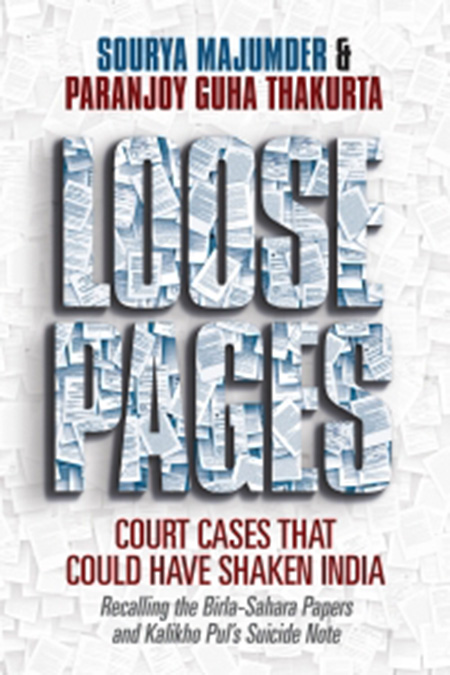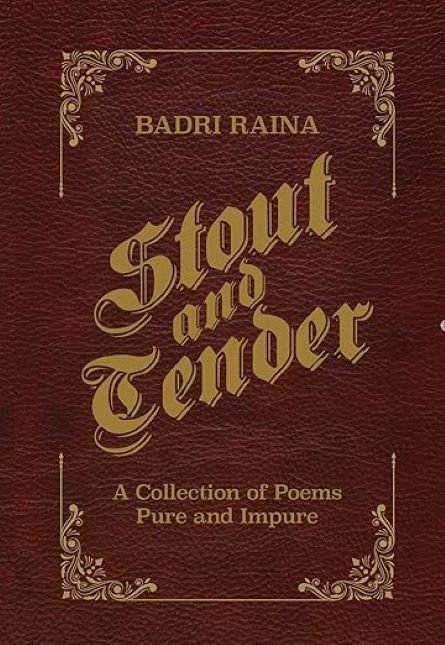New Delhi, India - On the morning of February 16, India's second-largest state-run bank, Punjab National Bank (PNB), quietly announced to stock exchange authorities in Mumbai that it has been defrauded of $1.8bn.
But things did not stay quiet. Within minutes, panic had broken out in India's financial markets. Indices tanked, especially bank share prices, as fears grew that the financial scandal was widespread.
The news was widely reported by global media, not surprising, for this was no ordinary fraud: this was the biggest bank fraud of its kind in Asia's third-largest economy.
It took five days for Arun Jaitley, the finance minister, to break his silence. On February 20, he sought to hold the bank's managers and its auditors responsible for the fraud, at the centre of which is Nirav Modi, a high-profile diamond merchant, his uncle Mehul Choksi and their associates. [Nirav Modi shares the same surname as India's Prime Minister Narendra Modi but is not related to him].
Before the finance minister spoke, the position of the government and ruling Bharatiya Janata Party (BJP)on the scandal had, oddly enough, been announced by its top ministers, including Defence Minister Nirmala Sitharaman.
Speaking about PNB's management and auditors at an event in New Delhi, Jaitley said: "…on the face of it, the answer seems, yes they (the bank’s managers) were. They were also found lacking in being able to check who amongst them, were the delinquents here…What are our auditors doing? Both internal and external auditors really have looked the other way or failed to detect (the fraud)."
The fraud, which occurred in one branch of PNB in central Mumbai, was apparently a misuse of letters of undertaking (LoUs) and the SWIFT international messaging system between banks, resulting in a subversion of checks and balances that are supposed to be an inherent aspect of standard banking practices.
Ledger entries fudged
An LoU is a kind of a bank guarantee enabling one bank in India to raise funds from the same bank or another bank’s foreign branch in the form of short-term credit in order to use it for payments to offshore suppliers or trading entities.
SWIFT is an acronym for Society for Worldwide Interbank Financial Telecommunication. It provides a network that enables financial institutions across the world to send and receive information about transactions in a standardised and secure manner.
To raise an LoU, the customer (importer) is supposed to pay a sum of "margin money" to the bank issuing the LoU and, based on that, they are granted a credit limit. But in Nirav Modi’s case, there was no credit limit, nor did he ever pay any margin money.
Once the letter of credit is accepted, the lender or the foreign branch of the Indian bank, in this case, PNB, is supposed to transfer money to the Nostro account of the bank that has issued the LoU. [A Nostro account is one held in another bank in a foreign country in order to hold foreign currency.]
What happened in this instance is that PNB and its affiliates extended credit to entities linked with Nirav Modi and Choksi that was far beyond stipulated norms, which is usually 90 days.
The evidence in the still-ongoing scandal suggests that there were incomplete or fudged ledger entries and "evergreening", a term that means advancing fresh loans to repay old loans, which is usually illegal.
"There was a complete breakdown of checks and balances in the banking system," Hemindra Hazari, a Mumbai-based independent analyst of India's banking sector, told Al Jazeera.
He pointed out that there is supposed to be a series of audits, first of the concerned bank branch, next by the headquarters of the bank, then by its internal auditors and external auditors and also a "concurrent" audit involving the country's central bank and apex monetary authority, the Reserve Bank of India.
It appears that all these systems of controls and compliances failed or were deliberately subverted.
"It's hard to believe that the entire team of managers and auditors were all incompetent – in other words, it seems evident that these individuals were complicit in the fraud," Hazari added.
Public vs private banks
Not surprisingly, the scandal has raised a huge hue-and-cry in political circles in India.
Opposition parties have called for the resignation of the finance minister and the setting up of an independent committee of investigators as well as a panel of Parliamentarians cutting across party lines. They have repeatedly mocked Prime Minister Narendra Modi who had promised a corruption-free administration when he assumed power in May 2014.
Government spokespersons, on the other hand, have not just blamed "delinquent" managers for the fraud but argued that the fraud had begun in 2011 when the opposition Congress party was in power.
The scandal has sparked a big debate on the working of India's banking sector, which was largely nationalised in the early-1970s. Currently, roughly 70 percent of banking assets in the country are in the public sector.
Right-wing ideologues argue that the kind of fraud recently witnessed may not have taken place had banks been privately owned and controlled.
The counterview is that a number of frauds have occurred in private banks and that the problem is not one of the kinds of ownership, but one of lax systems of compliance that promote corrupt practices.
An important problem plaguing India's banks is the extremely high incidence of loans that have not been repaid, described as non-performing assets or stressed assets.
According to official estimates, the total quantum of bad loans in the country's 38 listed commercial banks had exceeded Indian Rupees 800,000 crore at the end of June 2017 or the equivalent of over $125bn - accounting for over a fifth of all loans given by banks.
Even as the government has periodically infused taxpayers' money to bail out banks, what has been particularly disconcerting is that the bulk of these unpaid loans have been disbursed to large corporate bodies and their promoters.
Many economists argue that this has exacerbated inequalities of income and wealth in a country that has already been sharply polarised between the rich and the underprivileged.
The PNB fraud has attracted considerable media attention because of the celebrity status of Nirav Modi, who is currently absconding outside India.
He has been featured on catalogues of Christie's and Sotheby's and finds place in the list of the country’s top billionaires compiled by Forbes, which has estimated his net worth at more than $1.7bn.
In less than a decade, he had set up fancy retail outlets in different parts of India and the world: New York, London, Hong Kong, Singapore, Mumbai and New Delhi.
Celebrities from Hollywood and Bollywood including Kate Winslet, Dakota Johnson and Priyanka Chopra have endorsed or have been featuring wearing Nirav Modi’s fancy sparkling diamonds and jewellery.
India's law-enforcing agencies have arrested officials of PNB and companies headed by Nirav Modi and Choksi. But the storm over the country's biggest bank fraud will not subside in a hurry.


